Cynocephalic Fool with Bladder Stick Giving Jesus a Hard Time Perfume Oil
$29.00
Cynocephalic Fool with Bladder Stick Giving Jesus a Hard Time Perfume Oil
$29.00
Bute Master
D is for Dog-Face: a Medieval marzipan suffused with frankincense smoke and splashed by sacramental wine.
Out of stock
You must register to use the waitlist feature. Please login or create an account
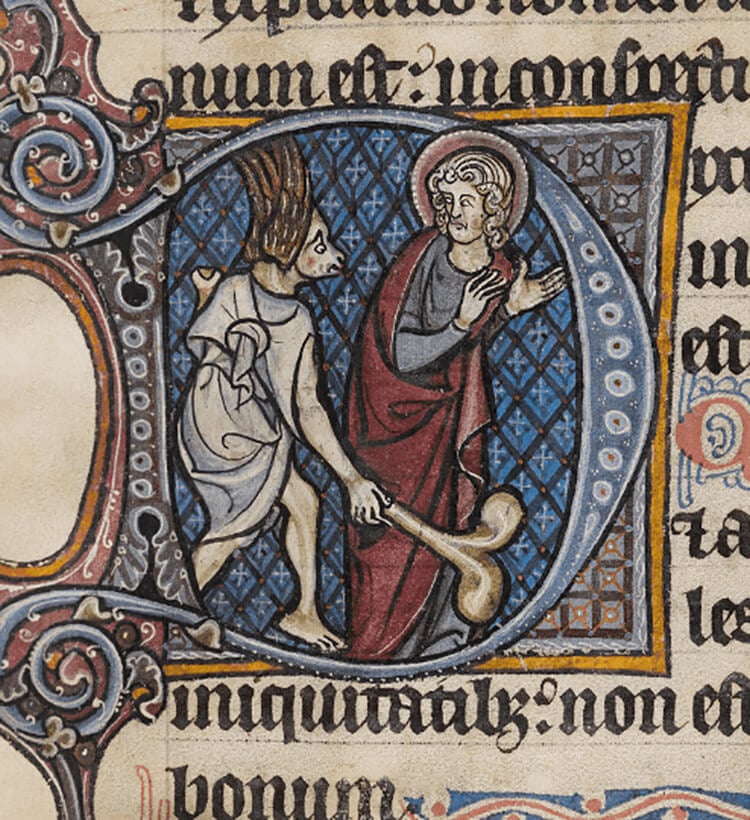
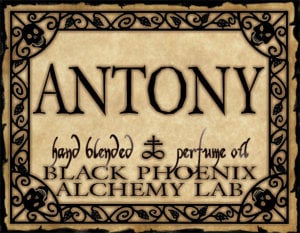
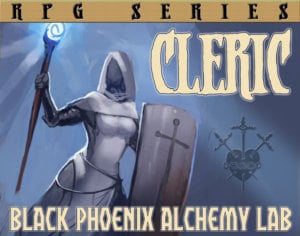
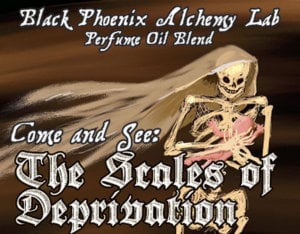
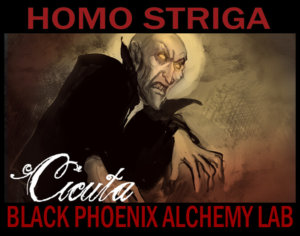
Reviews
There are no reviews yet.